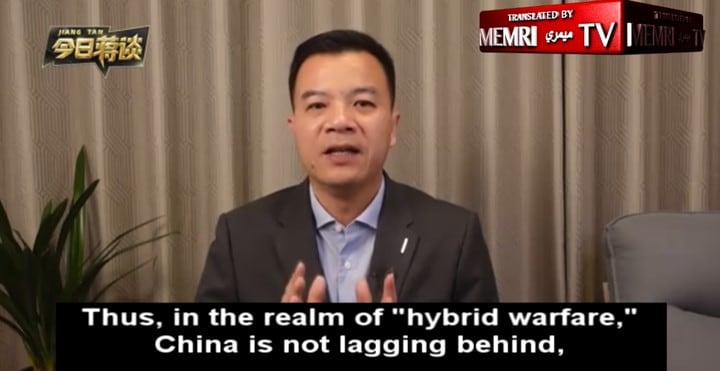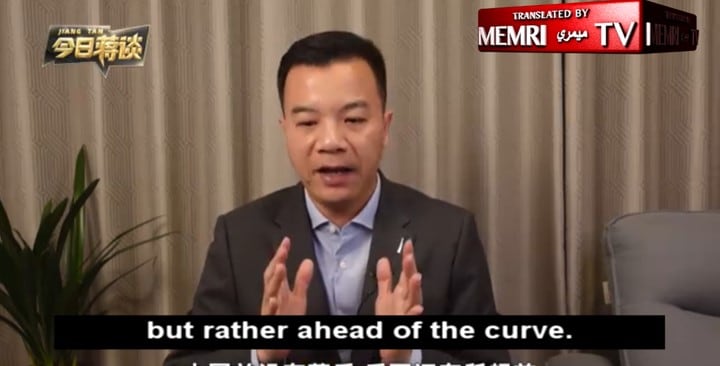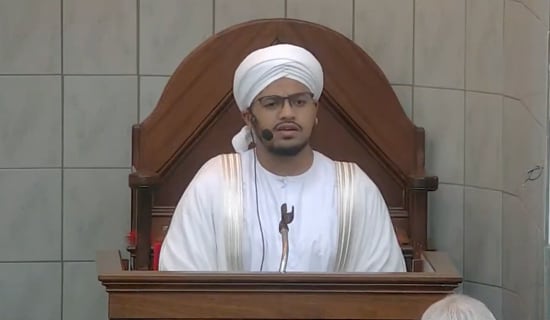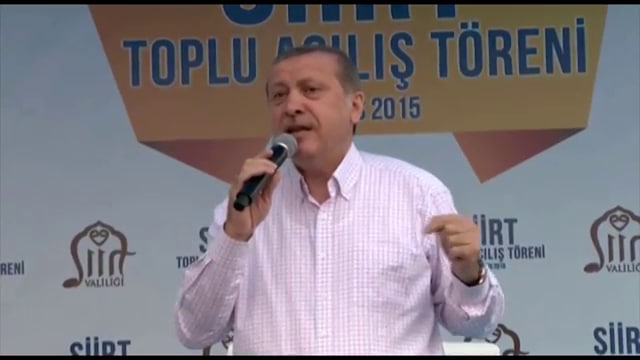
On May 17, 2023, a video was posted by Chinese social media influencer Professor Jiang Tan to his channel on the Chinese Haokan Video platform titled "What Lessons Has the Chinese PLA Drawn From the Russo-Ukrainian War? Chinese General Wang Haijiang Just Provided an Answer to This Critical Question." In the video, Jiang analyzes an article written by PLA General Wang Haijiang, the commander of the PLA’s Western Theater Command, in the Study Times advocating for the PLA to prepare for a hybrid war and to evolve beyond "unrestricted warfare." He said that the Vietnam War was an example of a hybrid war, and he asserted that China has the capability to "completely annihilate the U.S. military in the West Pacific." He elaborated on several strategies by which China could gain an upper hand if subjected to a hybrid war by the U.S. One notable strategy he discussed was to rely on "a domestic circulation economy" to mitigate any potential blockades or sanctions imposed by Western countries against China.
Jiang Tan: "The commander of the PLA's Western Theater made comments on the Russo-Ukraine conflict, saying that the future war has evolved towards a hybrid form of warfare, where the confrontation between the two countries is no longer limited to the battlefield, but will cover various fields such as politics, finance, technology, the Internet, and propaganda. In this context, it is necessary for the PLA to further integrate its strategic forces to deal with this new military situation. Discussing international situations, talking about military equipment.
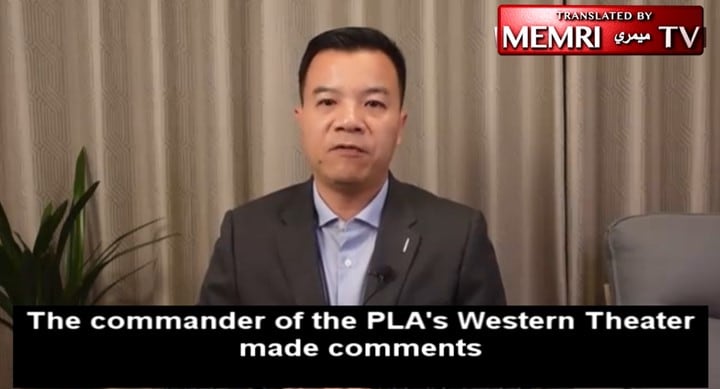
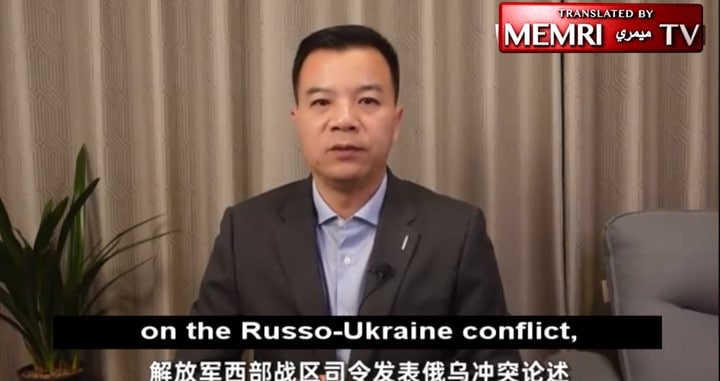
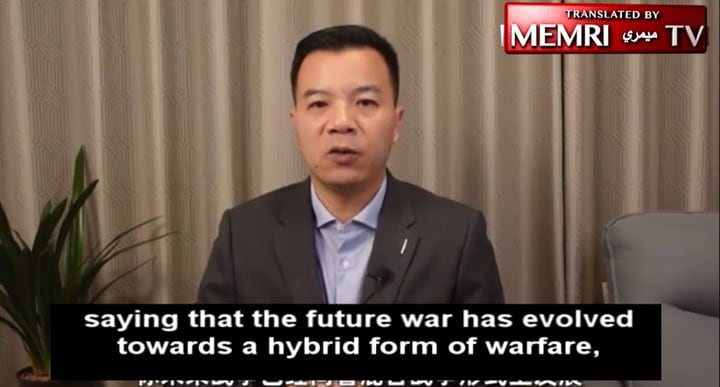
"Hello everyone, and welcome to Jiang Tan. Some time ago, a commentary on the Russo-Ukrainian conflict was published on the front page of the Study Times, which attracted the attention of many overseas military observers. Not only because in this article, the author integrates the Russo-Ukrainian conflict with the concept of hybrid warfare, and concludes that modern warfare is no longer simply a military confrontation to determine the victory, but requires the warring parties to execute comprehensive confrontations in multiple fields such as politics, finance, technology, the Internet, and propaganda.
"Also, because the author of this article is General Wang Haijiang, the commander of the Western Theater Command of the People's Liberation Army. The viewpoints of the article largely represent the consensus of the leadership of the PLA, which also means that the PLA is likely to execute targeted reforms in the near future in response to a series of issues mentioned in the article. What are the issues? The primary issue is that the scale of hybrid warfare is expanding continuously, exceeding the boundaries defined by traditional theories. It should beknown that the term 'hybrid warfare' is not new. As early as 2009, related American scholars had proposed it, but it did not attract attention at that time. It was not until 2013 that Gerasimov, then chief of the General Staff of Russia, promoted this term and based on it, formulated the military operation plan for Russia's intervention in the Syrian civil war.
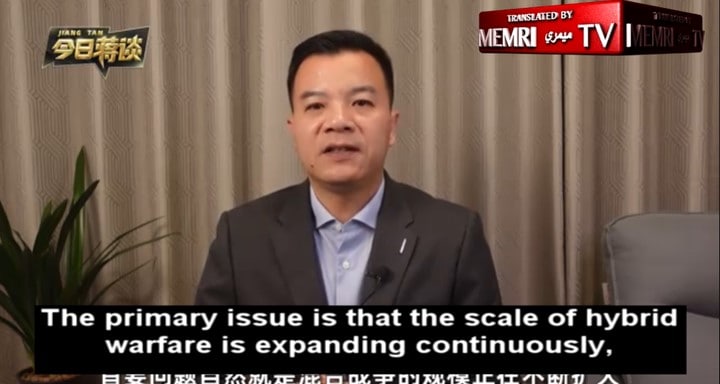

"As for the concept represented by the term 'hybrid warfare,' it is actually not unfamiliar to everyone. One could even say that before the term appeared, the PLA had already proposed a similar war theory, which was the theory of unrestricted warfare born at the beginning of the 21st century. Because whether it is the current 'hybrid warfare' or the 'unrestricted warfare theory' from more than 20 years ago, their core points are the same, which is that the factors that can determine the victory or defeat of a war between two countries are not only military confrontations but also include non-military aspects such as politics, economy, society, and even confrontations on the cyber level.
"If a belligerent only has a clear advantage in military strength, but is evenly matched or disadvantaged in other areas, then even if it can win every battle on the battlefield, its failures in other areas can drag the whole war to a losing conclusion. The most classic example of this is the Vietnam War. From the official landing of U.S. troops in Da Nang in 1965, directly intervening in the Vietnam War, to the full withdrawal from Vietnam in 1973. During these eight years, the U.S. military had an overwhelming military advantage over the North Vietnamese forces. However, at that time, isolationism was prevalent in the United States, anti-war sentimental was mainstream, and on the international level, the Warsaw Pact led by the Soviet Union also continuously tripped up the United States on the international political stage. With internal and external troubles, the U.S. military could only withdraw from Vietnam, declaring strategic failure. But the Vietnam War was after all a 'hybrid war' of the Cold War era. In today's international situation and social structure, the situation of 'hybrid war' is also changing.
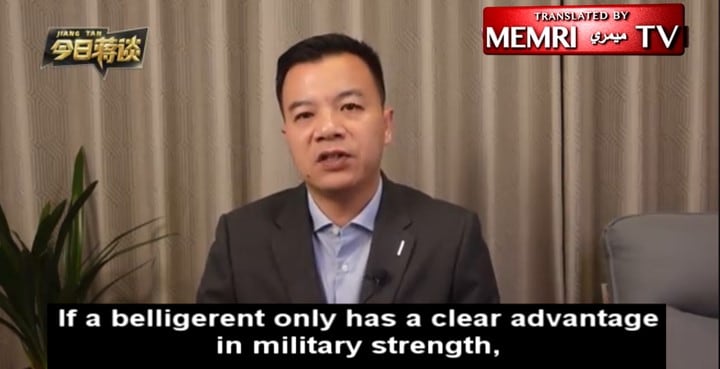
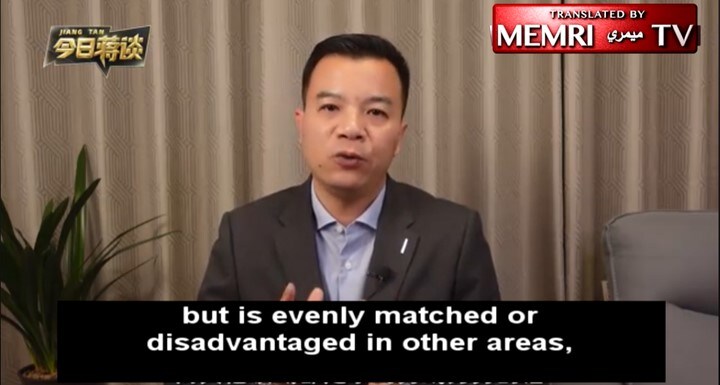
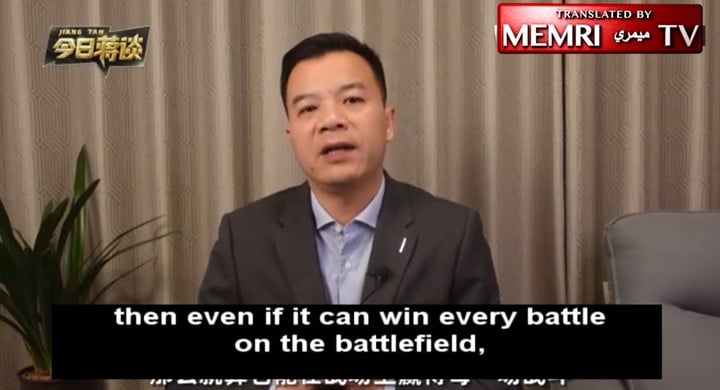

"Simply put, its scale is constantly expanding, to the point where anything can be used as a weapon in a 'hybrid war.' For example, in the Russo-Ukraine conflict, the U.S. used the so-called financial nuclear bomb of SWIFT sanctions against Russia, expelling a large number of Russian banks from the global payment system to disrupt domestic economic activity in Russia. In addition, Western countries led by the U.S. have also closed their civil aviation airspace to Russia, and Russia has responded in kind. As a result, the civil aviation routes of both sides have been completely interrupted, becoming a casualty in this 'hybrid war.' To a certain extent, if using the financial system as a weapon is expected, then the notion of using airspace as a weapon is somewhat beyond common understanding. This shows that modern 'hybrid warfare' has developed to a point where anything that works is acceptable, and is used to strike opponents. Faced with such an extraordinary form of warfare, China, as the world's largest industrial nation and exporter, naturally needs to prepare relevant countermeasures.
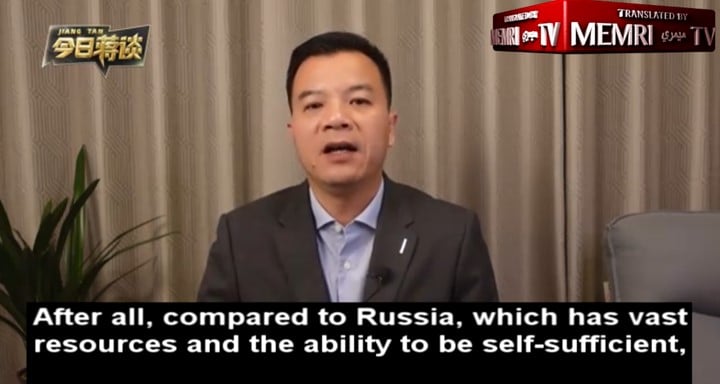
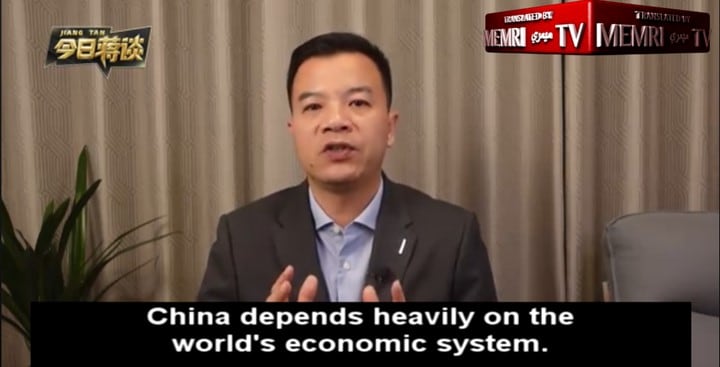
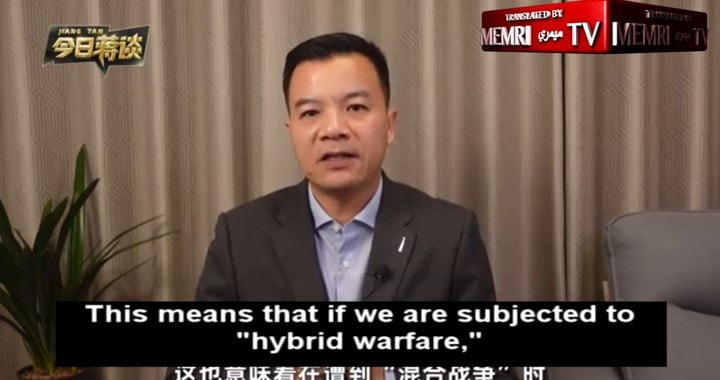
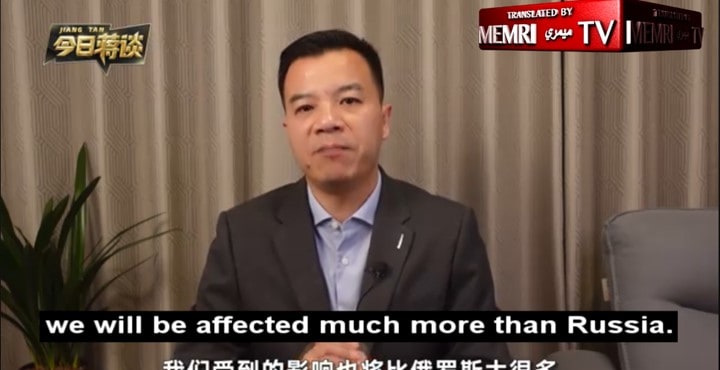
"After all, compared to Russia, which has vast resources and the ability to be self-sufficient, China depends heavily on the world's economic system. This means that if we are subjected to 'hybrid warfare,' we will be affected much more than Russia. For instance, if the U.S. military uses its naval superiority to block the Strait of Malacca and cut off China's sea routes, the entire domestic economy will suffer significant negative effects.
"If no countermeasures are taken, even if the PLA has the capability to completely annihilate the U.S. military in the West Pacific, it would be a Pyrrhic victory.
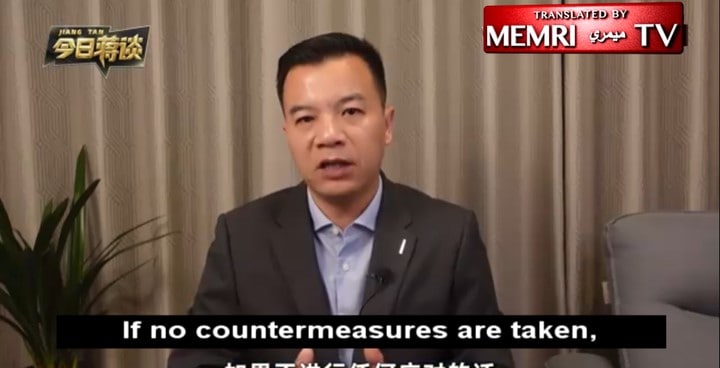
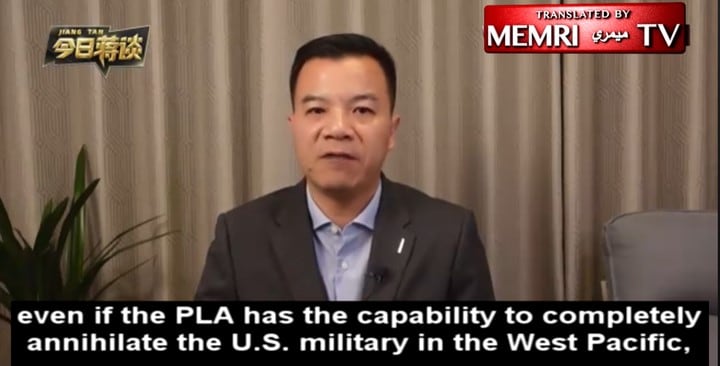
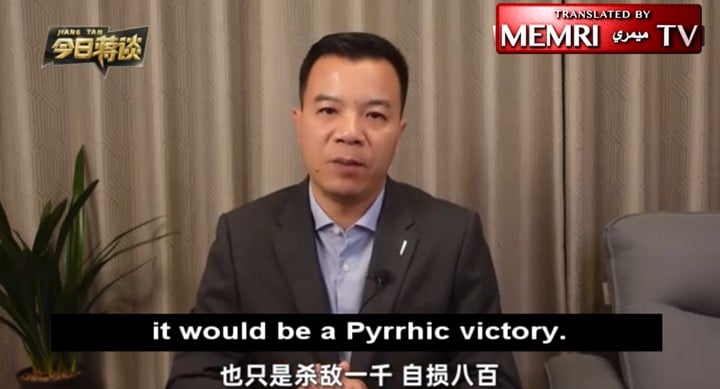
"Fortunately for China, these countermeasures are not difficult to implement. Because China is both a maritime and a continental country, a blockade of the sea cannot completely cut off China. We also have vast reserves of resources and markets, so we can mitigate the impact on the export-oriented economy by relying on a domestic circulation economy. It's worth noting that many of these measures and plans were proposed before the Russo-Ukraine conflict.

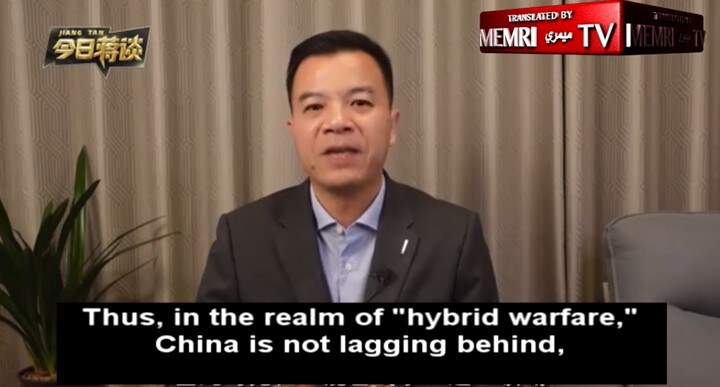
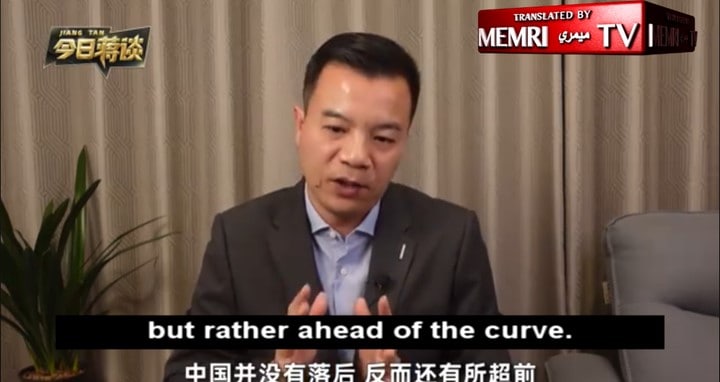
"Thus, in the realm of 'hybrid warfare,' China is not lagging behind, but rather ahead of the curve. This is why, in the face of the U.S.'s aggressive strategic posture, China can respond as confidently as if sitting securely in the catbird seat. Well that's all for this episode. Thank you for watching. See you in the next Jiang Tan."
